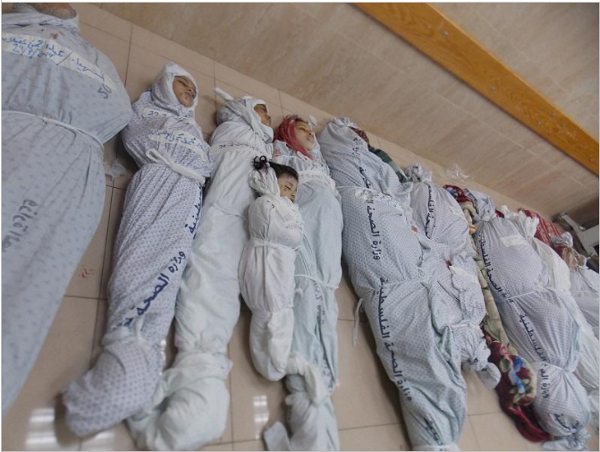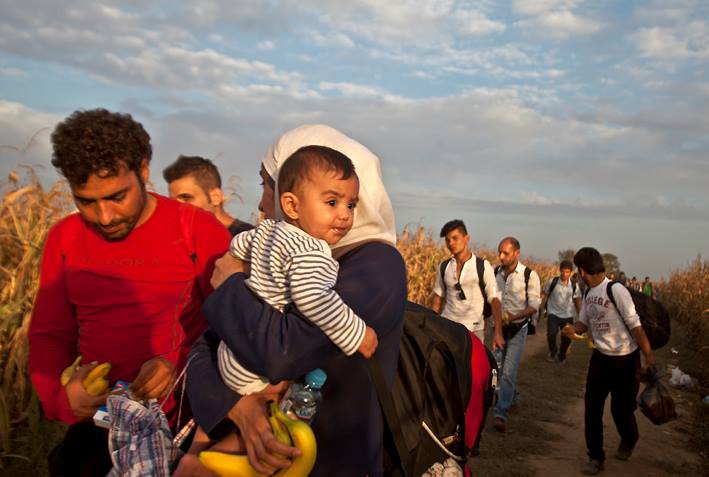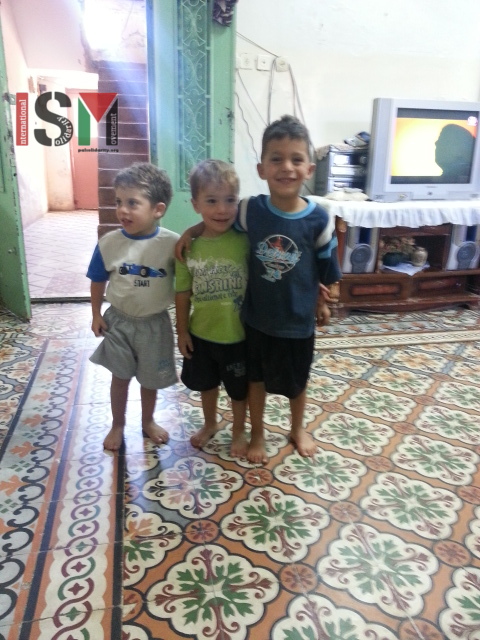Category: Journals
-
In Gaza no figures can express the sorrow
26th September 2015 | International Solidarity Movement, Gaza Team | Gaza Strip, Occupied Palestine If there is any reason for our existence, at least it should be our capacity to inform about a story while it is happening, in a way that nobody can say: “We did not know, nobody had told us anything” Robert…
-
Another segment of the journey
22nd September | Caoimhe Butterly | Serbian and Croatian border A few kilometres away from the small Serbian border town of Sid, a dirt track through corn and turnip fields serves as passage to tens of thousands of women, men and children seeking refuge and lives of more possibility. The unofficial border crossing between Serbia and Croatia…
-
Settler violence escalates in the vicinity of Kiryat Arba illegal settlement
19th September 2015 | International Solidarity Movement, Al-Khalil Team | Hebron, Occupied Palestine The children of the Jabari family in Jabari neighbourhood of al-Khalil are singing along to a Palestinian children’s television show. It is a sunny Saturday morning but in the small living area, six tiny children sit with their mothers who explain to…



